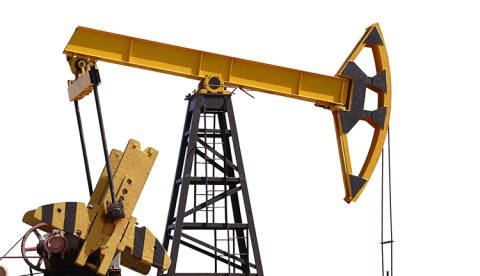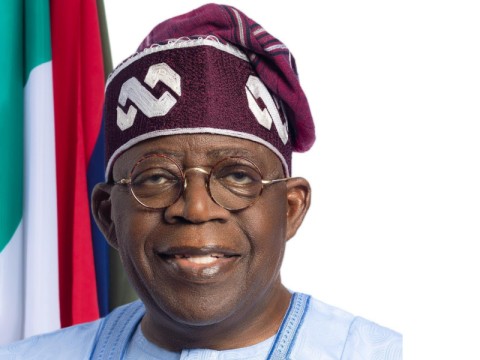Falling oil prices are a wake-up call for oil producing countries to continue to diversify their economies and minimise spending, a top official from Nigeria has said.
The country has set the budget based on $50 (Dh183) per barrel as oil prices continue to fall across the globe.“We did not set the budget on a high oil price. That helped us. The fall in oil price has not taken us by a shock,” Dr Godknows Boladei Igali, permanent secretary in the ministry of power in Nigeria told reporters at World Future Energy Summit in Abu Dhabi on Tuesday.
“It’s a wake-up call. We need to tighten our belts. We cannot spend what we used to spend before.”The budget is almost being completed by the parliament and would be passed in a couple of weeks, Igali said.“The country is not much impacted due to fall in prices and can go on for five years with $50 oil price. We planned the economy in a way that we can adjust easily to the fluctuation of oil prices.”
Nigeria, a member of the Organisation of the Petroleum Exporting Countries receives more than 75 per cent of its revenues from oil exports. Opec did not cut oil production to stabilise prices at a meeting in Vienna last year.
When asked whether any of the power projects in the country are hit due to low oil prices, he said projects were taken up on a public private partnership and were not critically impacted. “Our transmission company may have a little impact as it was not privatised but we get resources from agencies like World Bank. We are also trying to open up our transmission sector for private investors.” He said the country is encouraging investment in the domestic gas sector and has recently brought in reforms. “To encourage more investment in the gas sector, we have now increased the price for both export and domestic gas. Before there was a large difference, domestic gas price was very low and export gas price was high.”
“The government is creating right atmosphere for investors to invest in the power sector. The country has a population of 170 million with just about 5,000 to 6,000 megawatts capacity on the grid. The appetite is big. Tariff is very favourable for investors and a number of power projects are underway.”
The country is aiming to have 20 per cent of total energy coming from renewable sources like wind, biomass and solar. The target is to have 20,000 megawatts by 2020.
Source: Gulf News











